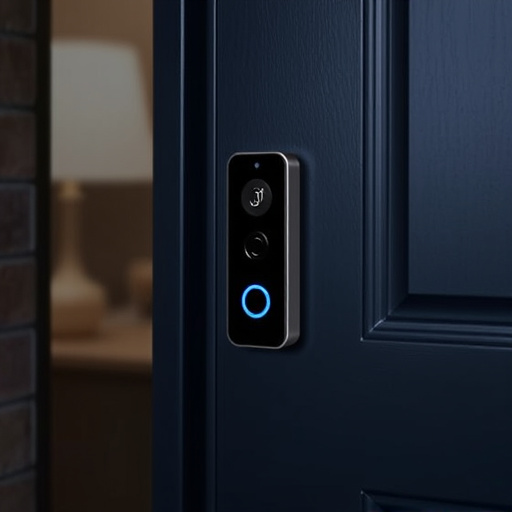In bustling college towns, students are vulnerable to rental scams involving low-priced apartments, urgent payments, and unconventional methods. To avoid these, students should verify listings with trusted sources, read lease agreements thoroughly, and be wary of too-good-to-be-true offers. Key steps include directly contacting landlords, doing background checks, using secure communication channels, and taking time to find the right fit. By following these student rental tips, they can protect their financial well-being and ensure safe college renting through verified platforms and official channels.
Navigating the college town housing market can be a minefield of rental scams targeting students. Understanding common tricks like fake listings, overpriced amenities, and false promises is the first step to avoiding student housing fraud. This comprehensive guide provides essential tips for recognizing and preventing scams, ensuring a safe and secure living experience in your new college town home. Learn how to spot red flags, verify properties, and protect yourself from falling victim to these deceptive practices with our expert advice on student rental tips.
- Understanding Common Rental Scams Targeting Students
- Tips for Recognizing and Avoiding Student Housing Fraud
- Safeguarding Your College Town Living Experience: A Comprehensive Guide
Understanding Common Rental Scams Targeting Students

Many students fall victim to rental scams each year in college towns due to a lack of experience and awareness. Understanding common rental frauds is the first step toward securing safe housing. Scammers often target unsuspecting students by advertising seemingly perfect off-campus apartments or rooms at absurdly low prices, asking for immediate payment, and requiring unconventional payment methods like wire transfers or gift cards. They might also pressure students to sign lease agreements without thoroughly reading the terms.
To avoid rental scams, students should exercise caution when searching for housing. Verify the legitimacy of the listing by cross-referencing with trusted sources or property management companies known to the university. Always read lease agreements carefully and be wary of any agreement that seems too good to be true. It’s crucial to pay attention to red flags like unusual payment requests, urgent decisions required, or lack of direct communication from the landlord or property manager.
Tips for Recognizing and Avoiding Student Housing Fraud

Recognizing and avoiding rental scams in college towns is crucial for students looking for safe and affordable housing. One common tactic used by scammers is to mimic legitimate property listings with slight variations in spelling or URL, often asking for upfront payments through untraceable methods like gift cards or cryptocurrency. To stay protected, always verify the listing’s authenticity by checking the property’s address and contacting the landlord directly through a verified phone number or email.
Before signing any lease or paying any deposits, students should thoroughly research the area and landlord. Check online reviews from previous tenants, contact local housing authorities for insights on reliable landlords, and ensure the lease agreement includes all promised terms and conditions. Remember to never feel pressured into immediate decisions, as legitimate landlords understand that finding the right fit takes time. Safe college renting involves staying vigilant and using these tips to protect against student housing scams.
Safeguarding Your College Town Living Experience: A Comprehensive Guide

In the vibrant yet often competitive landscape of college town housing, it’s easy to stumble upon rental scams that can make finding safe and affordable accommodation a challenging task for students. To ensure a smooth and stress-free living experience, understanding how to recognize and avoid these scams is paramount. By familiarizing yourself with common rental fraud tactics, you can protect your financial well-being and maintain peace of mind while navigating the student housing market.
A comprehensive guide to safe college renting involves verifying the legitimacy of rental sources and landlords, scrutinizing lease agreements for red flags, and never providing personal or financial information over unencrypted channels. Stay alert for urgent requests, unusually low rent offers, or promises of exclusive deals—these are often signs of potential scams. Leveraging trusted resources like university housing offices, student associations, and verified rental platforms can significantly reduce the risk of becoming a victim of student housing scams, ensuring you have a positive and secure living experience in your college town.














